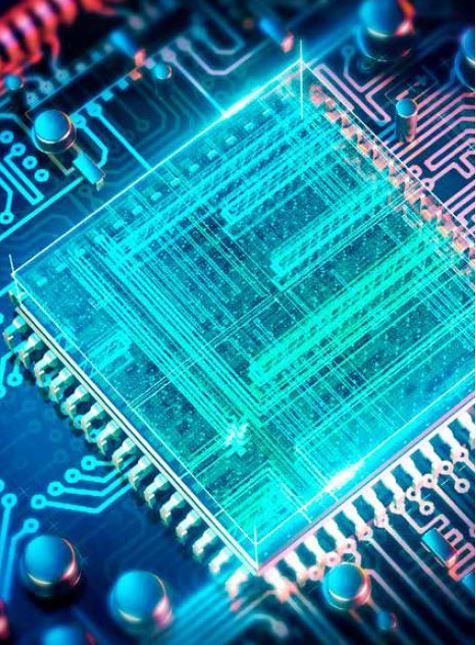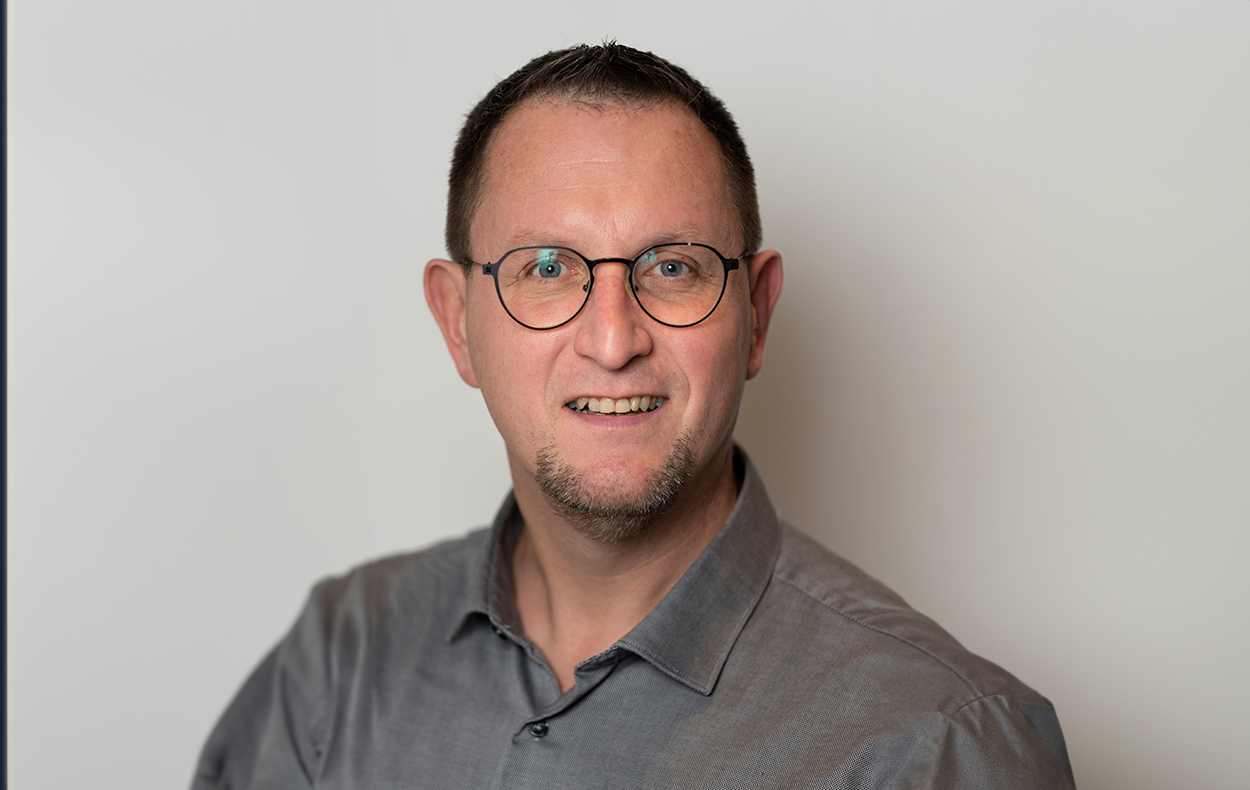Working at UM: “a life-changing experience”
"I am proud that our new Circular Plastics group published its first completely in-house research," Kim Ragaert says. She founded the research group three years ago, when she moved to Maastricht. Her work has laid the foundations for many innovations in the field of plastic recycling, and she is currently developing a research facility that will bring the plastic recycling world together. All in all, it is the perfect moment for her inaugural speech on July 4th.
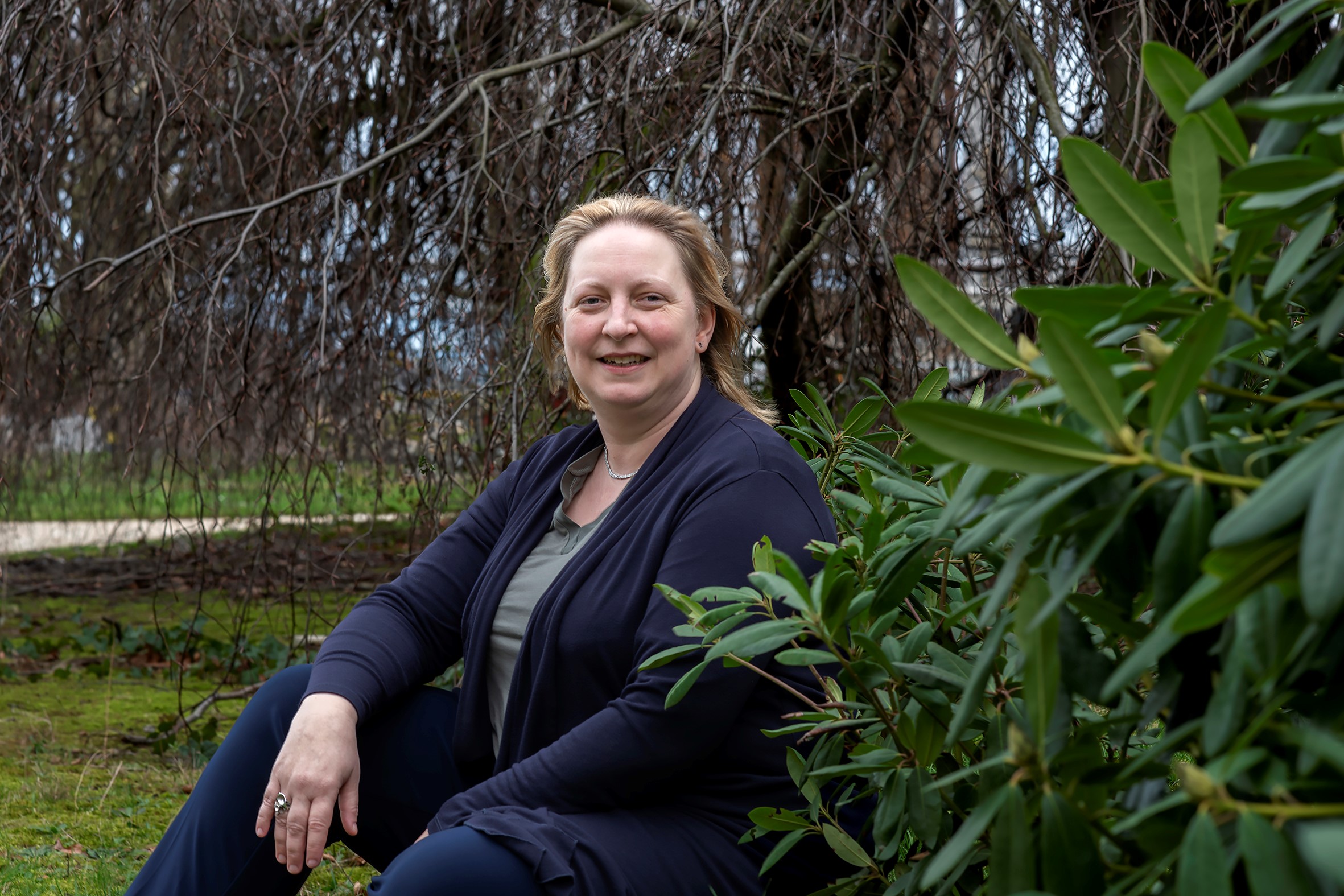
Photo by Ellen Oosterhof
Opportunism and idealism drove Kim Ragaert towards plastic recycling. Following her PhD research into plastic processing for medical implants, she discovered that there were limited chances for her in that field. "I was looking for a different focus for my academic career and at the same time wanted to improve the world, which is how I ended up researching the recycling of plastics."
Obvious
Ragaert started her research at Ghent University. Because there was no academic research on plastic recycling at the time, she was able to establish herself as a pioneer in the sector. When Maastricht University needed a Circular Plastics professor, Ragaert was the obvious choice.
"A life-changing experience," Ragaert describes her decision to relocate from Ghent to Maastricht. "Flemish people prefer to dwell near their own church, so I anticipated growing old academically in Ghent. Although the move to Maastricht was exciting, I never regretted it."
Kim Ragaert
Kim Ragaert has been a professor of Circular Plastics at the Faculty of Science and Engineering since September 2021. She has a background in mechanical engineering and materials science. Ragaert earned her PhD in Engineering Sciences from Ghent University, where she also worked as a researcher, university lecturer, and project coordinator for projects like C-PlaNeT. In 2020, she was named the 'European Plastics Recycling Ambassador of the Year'. In 2024, she got the public's award in the Royal Netherlands Society of Engineers' Engineer of the Year election.
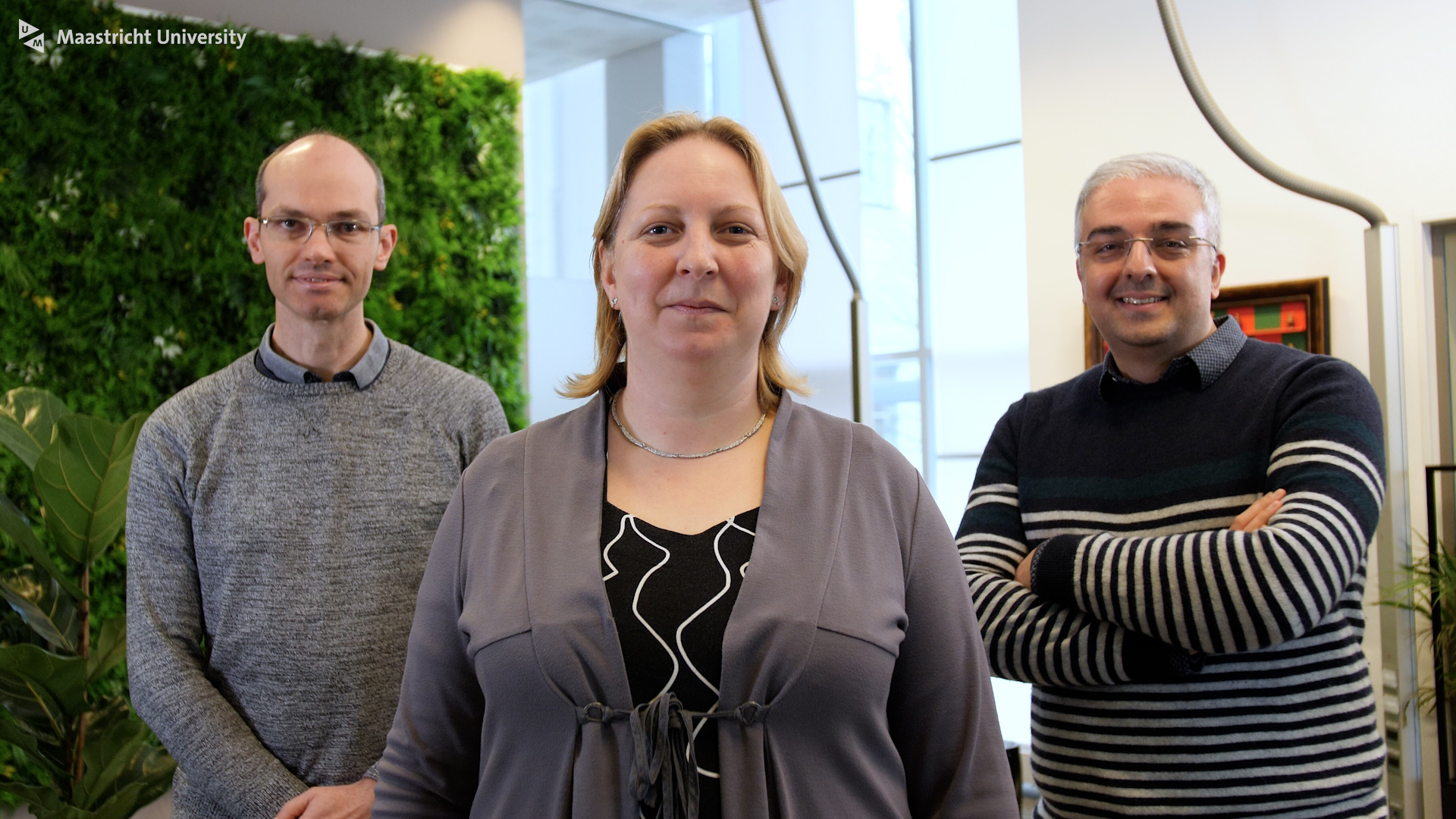
Team
Ragaert underestimated the gap in academic production caused by her transfer three years ago. "We created a whole new group here with first-year PhD students who must conduct research before they can publish. I am therefore quite delighted that the Circular Plastics Team of the Faculty of Science and Engineering published, for the first time, a study we initiated ourselves. There is much more to come this year."
The Circular Plastics Team (part of the Circular Chemical Engineering department) conducts research on two aspects of plastic recycling (see box): the polymer science underlying mechanical recycling and the organisation and collaboration of all partners and technologies involved in plastic recycling.
Eventually, everything is possible
On a technical level, Ragaert sees no truly insurmountable hurdles. "When companies claim that the use of recycled plastic in a specific application is impossible, everyone agrees. Nevertheless, we analyse at the macromolecular level why it is not working in order to identify a solution. Consider the recycling of plastic films, which are frequently printed with ink and therefore difficult to recycle. We explored how each component of the ink, including the heavy metals that produce colour, binders, and adhesives, behaves during recycling and how they affect the recycled material. Now that we know this, we can address the issue of plastic film recycling more effectively. However, whether the solution we discover can actually be implemented, is determined by a variety of factors, including costs, logistics, regulations, and, in many cases, industry priorities."
Mechanical versus chemical recycling
Mechanical recycling washes, separates, and reprocesses plastics by melting or dissolving them. The polymer chains in the plastic stay intact. Chemical recycling fractures polymer chains, which are then used to make new polymers.
Plastic waste.
In the European Union, fewer than half of all plastic waste is recycled. Packaging materials account for 60% of this total. Ragaert: "That material is the most visible to consumers and legislators for which there is an effective collection system in place. However, autos and gadgets contain polymers that are now under-recycled. Fortunately, by 2030, the plastic in new cars must contain at least 25% recycled material."
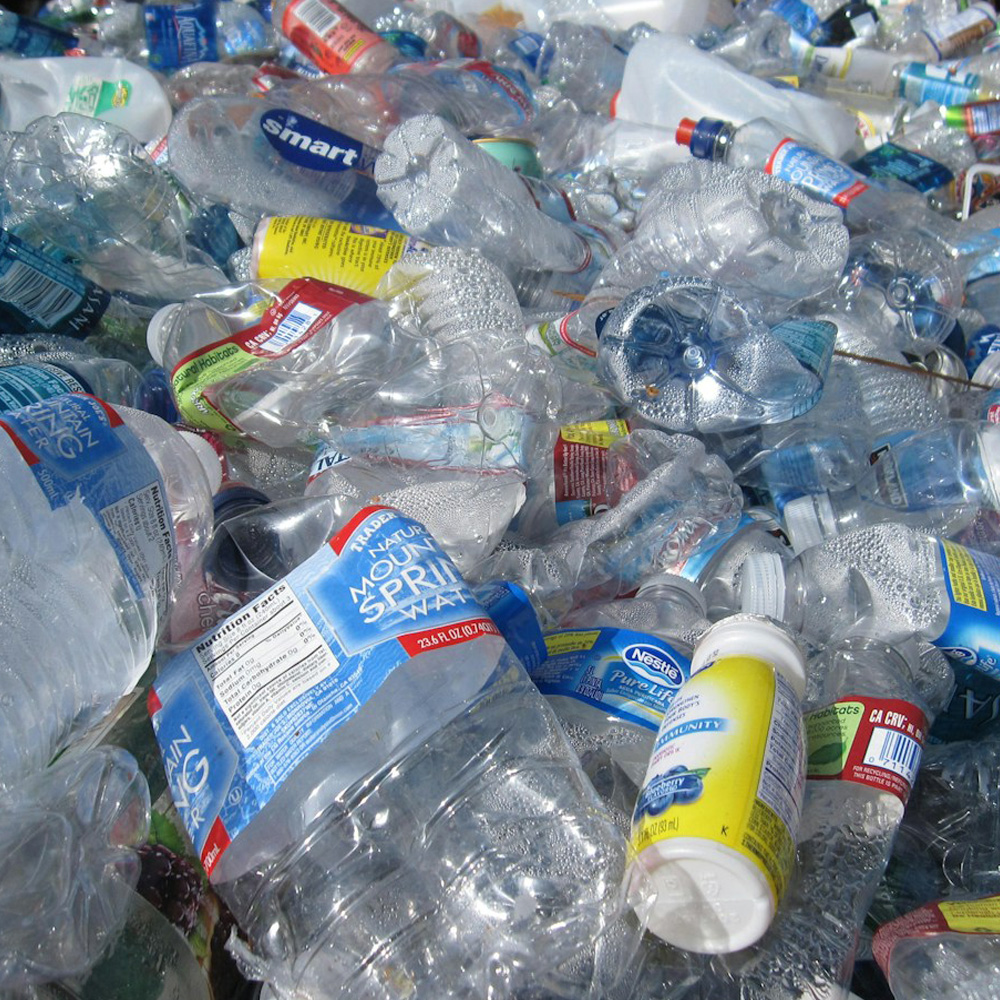
Working together
The biggest benefit for plastic recycling can be obtained by properly organising the entire value chain. “We currently recycle less than 50% of all plastic. In an ideal scenario, we can attain 70–80% efficiency, on par with metal, paper, and glass. We observe that plastic recyclers sometimes compete for the raw material, plastic waste. However, there are many raw materials that we are not currently recycling. To attain 80%, we need to utilise all available techniques. The industry has to decide which types of plastic waste are most suited to specific methods of recycling.”
Ragaert is one of the founding members of the Brightlands Circular Space (BCS), a research facility that brings together the whole chain of plastic recycling. Companies and knowledge institutes will endeavour to integrate all plastic recycling processes. "None of our partners at BCS can explore the complete recycling chain alone; we bring together researchers from many disciplines, both inside and outside our faculty. That makes it exciting to work at the young and sometimes eccentric Maastricht University because we can do things that would be impossible at a more established university."
Also read
-
Programming quantum computers, like the quantum computer itself, is still in its early stages. Quantum computing researchers tend to be physicists, mathematicians, or computer scientists who have a special interest in the mathematical framework of quantum mechanics.
-
Atoms and smaller elementary particles behave in unusual, sometimes unpredictable ways. It sounds strange, but it is this unpredictability that gives a quantum computer its power. Executing precise calculations with previously unheard-of possibilities in a way that physicists still do not completely...
-
Gerco Onderwater investigates the flavour of the universe while guarding the flavour of the Maastricht Science Programme. On 31 May, during his inaugural lecture, he provided a pre-taste of his work in Maastricht.
